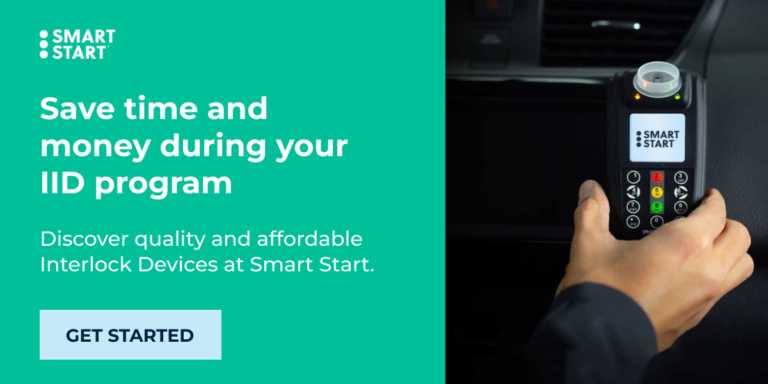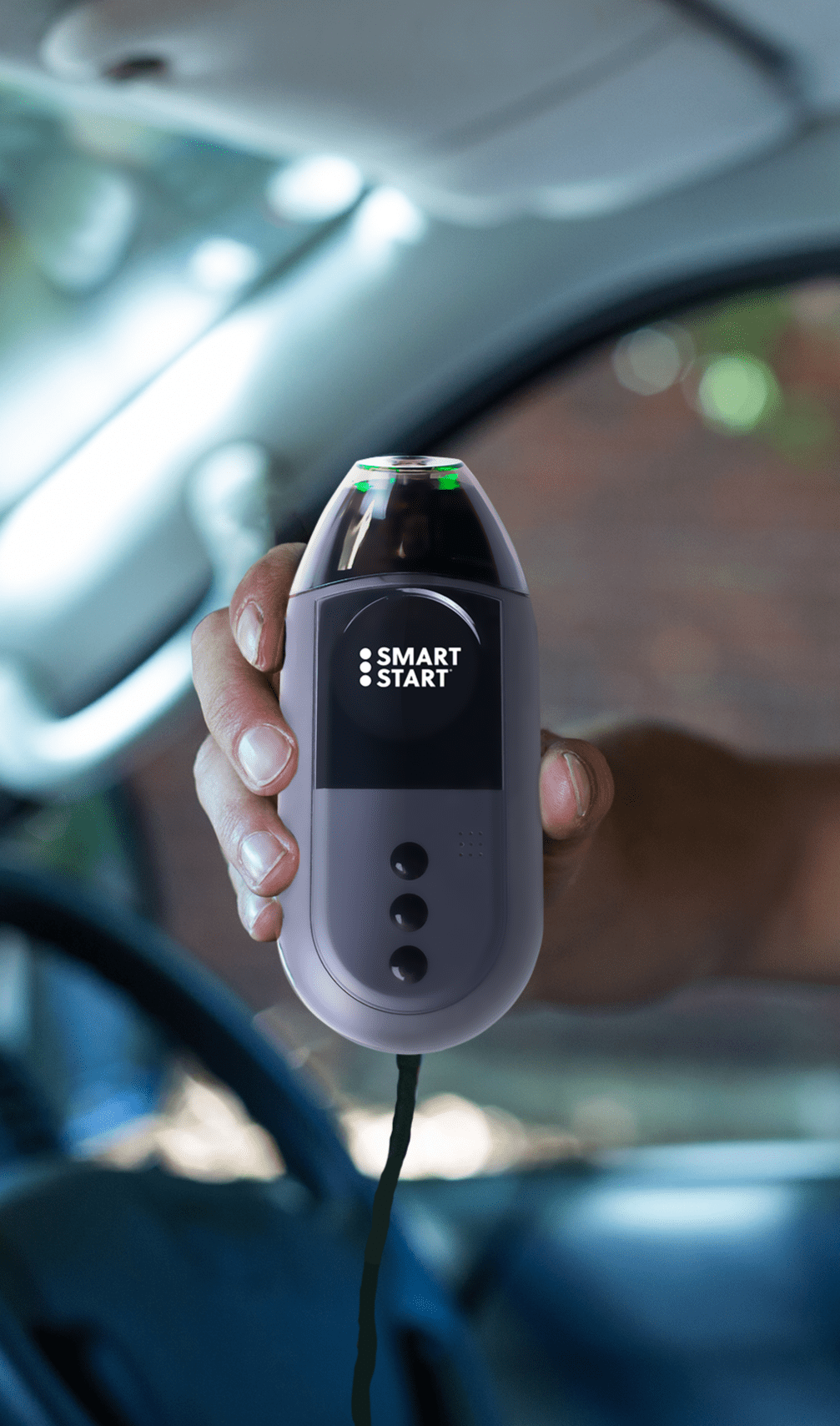Are DUI Checkpoints Legal?
Under normal circumstances, drunk drivers in state of California cannot be pulled over unless there is probable cause. This would include drastic speeds, swerving, sudden lane changes, or abrupt stops. These causes are not included if local authorities decide to utilize a sobriety checkpoint. If you find yourself in a sobriety checkpoint in California, know that they are completely legal and there is no way to “go around” once you have pulled up to the checkpoint. Checkpoints have shown that they are useful in the prevention of drunk driving as they help remove unsafe drivers from the road.
DUI checkpoints are legal in the state of California, however to be legal under the United States constitution and the constitution for the state of California the checkpoints have to abide by several laws. Checkpoints must have supervising officials make all decisions. The criteria for stopping motorists must be neutral, meaning either everyone gets stopped or no one gets stopped. The checkpoint must be reasonably located, and adequate safety precautions must be taken. Each checkpoint’s time and duration should reflect good judgment, and exhibit sufficient indication of the checkpoints purpose. Drivers should be detained for a reasonable amount of time, and all roadblocks must be publicly advertised. If a checkpoint does meet these requirements it will not be considered legal, and could be fought in court.
Many studies have shown that the benefits of a DUI checkpoints outweigh the negative effects of the checkpoints, like the time they take to complete. The primary goal of DUI checkpoints is to remove drunk drivers from the road. However they also remove drivers who do not have licenses, or those who have suspended licenses. Each year around $100 million is spent on alcohol related crashes, and research has shown that each dollar invested in checkpoints results in a savings of $6 to $23 for alcohol related crashes. Some people worry that the costs must be expensive for a DUI checkpoint because each officer is getting paid, however a checkpoint can be done correctly and efficiently with as few as three to five officers.
A DUI checkpoint usually will not stop you for very long, however it gives officers a chance to check tags, licenses, and get a whiff of the drivers breath before allowing them to continue along their way. If you get stopped in a DUI checkpoint there are some things you should know. Police are legally allowed to stop you briefly, however they are not allowed to search your car unless they have probable cause. If an officer tries to search your car you are allowed to ask what they are looking for, and why they think there is something worth looking for in your vehicle. Additionally, you do not have to submit to a breathalyzer test just because you are at a DUI checkpoint. Officers are only allowed to request a test if they have probably cause. That being said, if they ask for a test and you are belligerent about not giving a sample, you will only add causes for them to suspect you are under the influence. It is important to remain calm, and know that the officers are not trying to catch you in a lie.
DUI checkpoints are beneficial to officers, drivers, and the public because they remove potentially hazardous drivers from the roadways. They also save the public millions of dollars in funds that would otherwise go to alcohol related crashes. Plenty of research has been done to show that DUI checkpoints are successful, and they are legal as long as they are performed correctly. A checkpoint can be run correctly and efficiently as long the public and police officers are amendable to the few minutes of inconvenience when you have to stop.
Schedule an Installation
Get a quick and easy IID installation with Smart Start! Get started today!
¡Obtenga una instalación rápida y fácil de IID con Smart Start! ¡Empieza hoy mismo!
"* (required)" indicates required fields
Disclaimer
Meet the expert
webmaster







